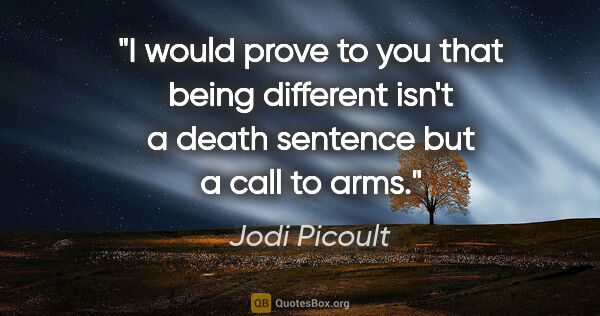Would Quotes (page 317)

he believed that there is no end to the mischief and hatred which men harbor deep in themselves and unknown to themselves and no end to their capacity to deceive themselves and that though they loved life, they probably loved death more and in the end thanatos would likely win over eros.
Walker Percy
As if to build a fence around the fatal emptiness inside her, she had to create a sunny person that she became. But if you peeled away the ornamental egos that she had built, there was only an abbys of nothingness and the intense thirst that came with it. Though she tried to forget it, the nothingness would visit her periodically - on a lonely rainy afternoon, or at dawn when she woke up from a nightmare. What she needed at such times was to be held by someone, anyone.
Haruki Murakami
But the toaster was quite satisfied with itself, thank you. Though it knew from magazines that there were toasters who could toast four slices at a time, it didn't think that the master, who lived alone and seemed to have few friends, would have wanted a toaster of such institutional proportions. With toast, it's quality that matters, not quantity.
Thomas M. Disch
But in real life things don't go so smoothly. At certain points in our lives, when we really need a clear-cut solution, the person who knocks at our door is more likely than not, a messenger bearing bad news...The messenger touches his hand to his cap and looks apologetic, but that does nothing to improve the contents of the message. It isn't the messenger's fault, no good to grab him by the collar and shake him. The messenger is just conscientiously doing the job his boss assigned him. And...
Haruki Murakami

Sometimes (more in sport than from real concern) I defended myself against the charge of individualism and demanded from the others proof that I was an individualist. For want of concrete evidence they would say:? Its the way you behave??How do I behave??You have a strange kind of smil?.?And If I do? Thats how I express my joy?
Milan Kundera

I would like to visit the factory that makes train horns, and ask them how they are able to arrive at that chord of eternal mournfulness. Is it deliberately sad? Are the horns saying, Be careful, stay away from this train or it will run you over and then people will grieve, and their grief will be as the inconsolable wail of this horn through the night? The out-of-tuneness of the triad is part of its beauty.
Nicholson Baker

